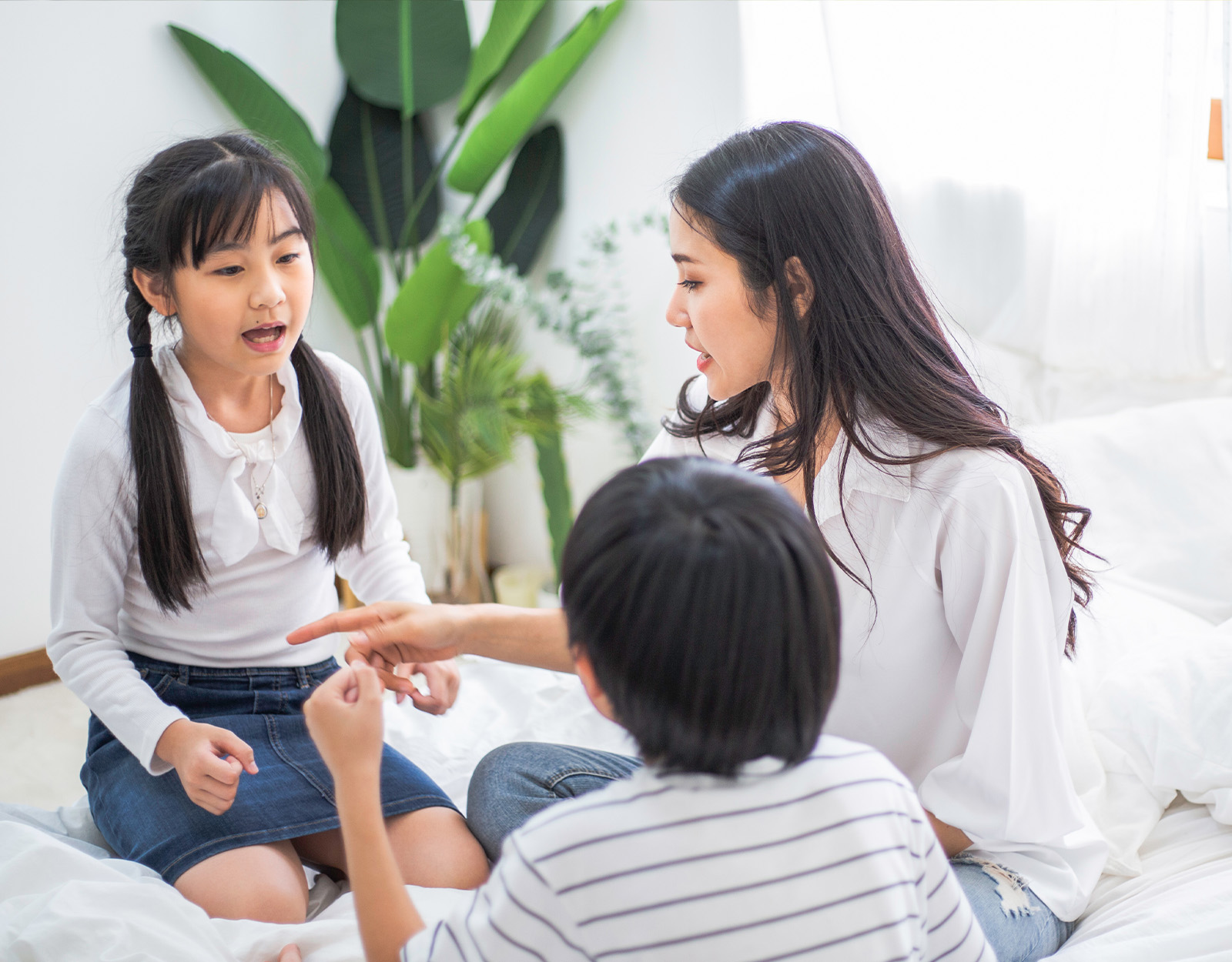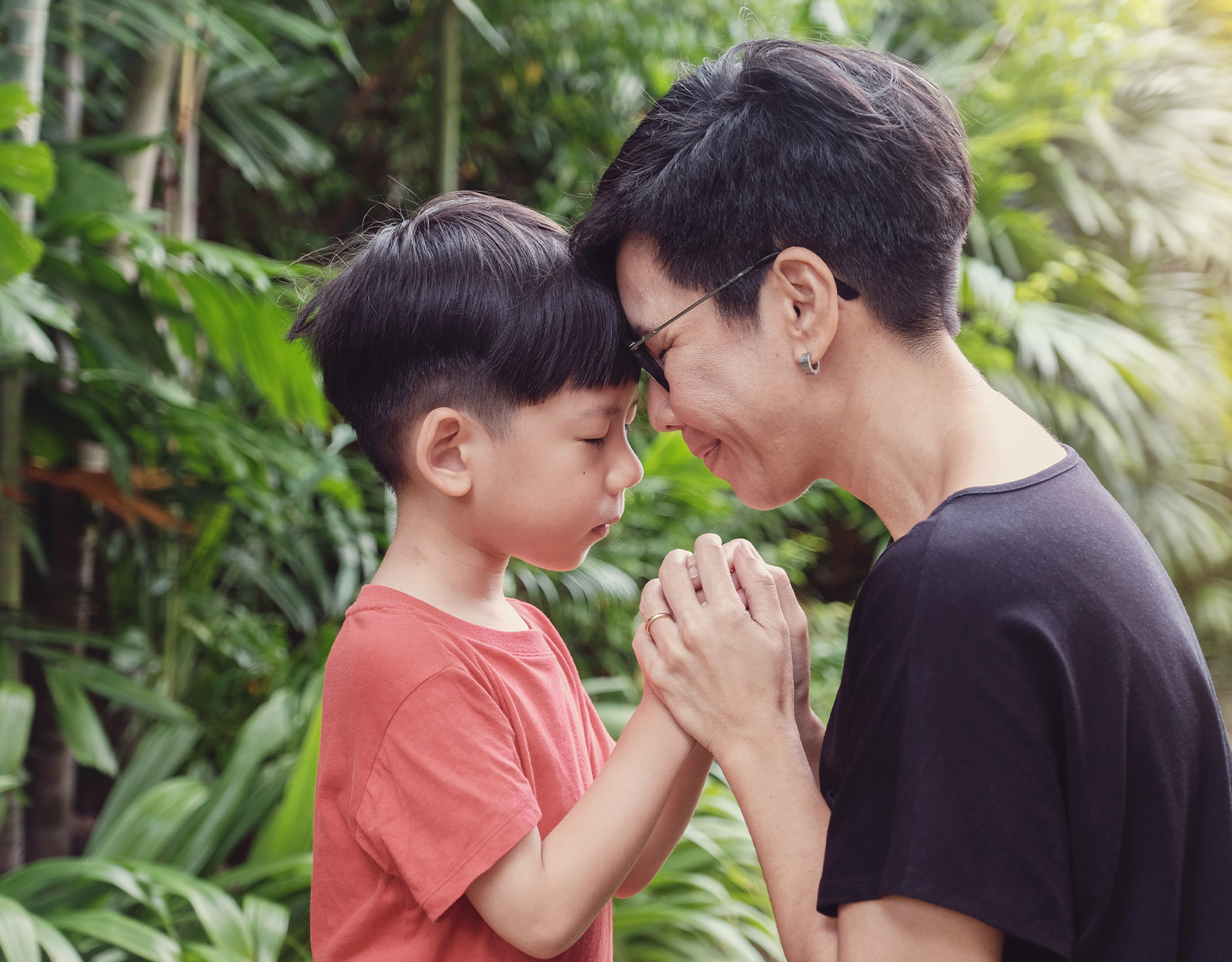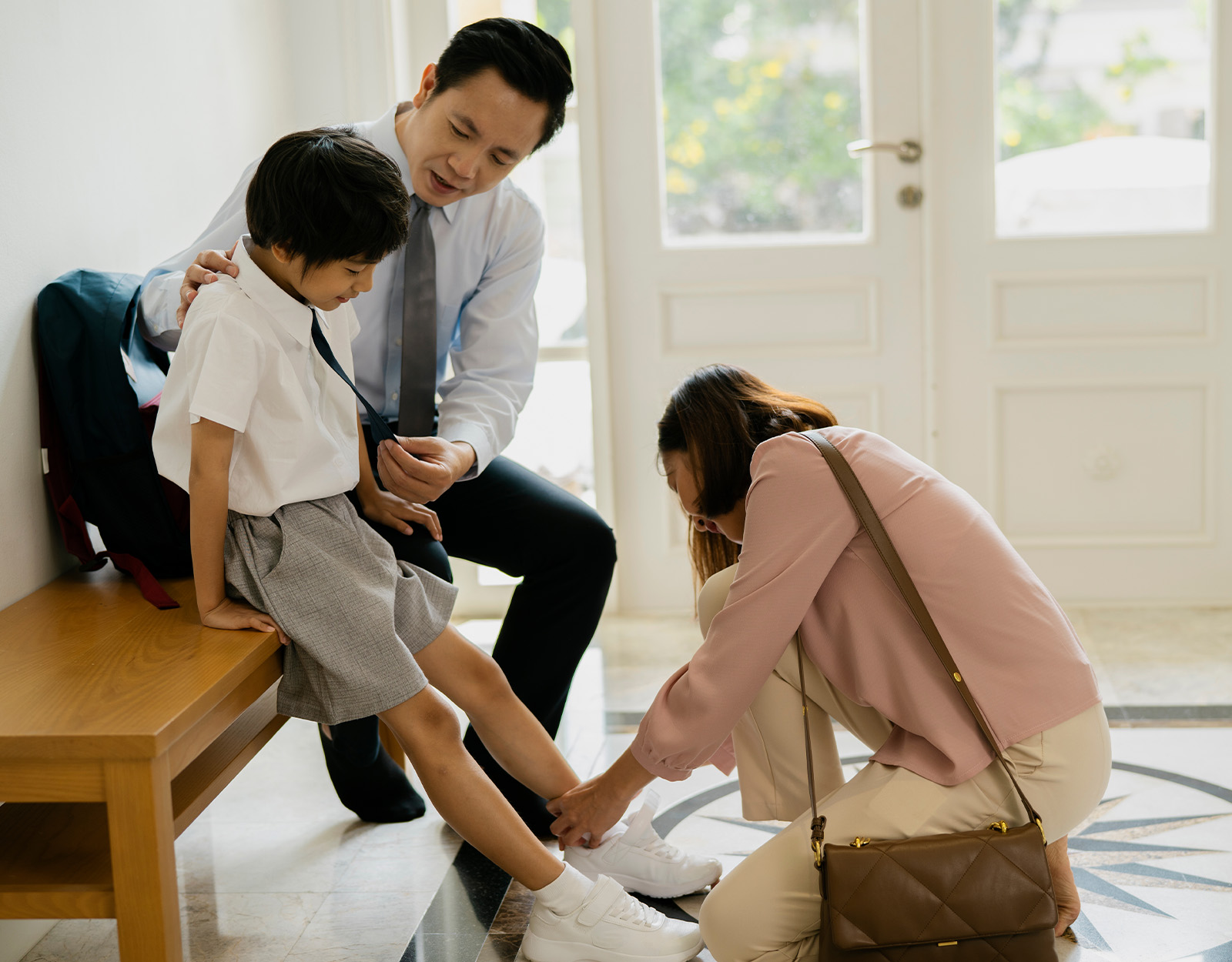Moms and Dads
10 Things Parents Must Know About Positive Discipline
Modern parents are starting to believe in the effects of positive discipline. Here’s what you need to know about it!
Parenting is truly a challenging journey full of ups and downs. But one aspect that remains constant is the need for effective discipline. Gone are the days of harsh punishments and punitive measures. In fact, modern parents are increasingly turning to positive discipline techniques that focus on nurturing, empathy, and respectful communication. Here are some things parents need to know about positive discipline and how it can create a loving and conducive environment for their children’s growth and development!

Things Parents Need to Know About Positive Discipline
1. Understanding positive discipline
Positive discipline is a parenting approach that emphasizes mutual respect, cooperation, and guidance rather than punishment. It focuses on teaching children appropriate behavior and social skills through effective communication and problem-solving techniques.
2. Building a connection
It all starts with building a strong and loving connection with your child. When children feel loved, understood, and valued, they are more likely to respond positively to discipline. Establishing a nurturing bond allows for open communication, trust, and a safe environment for growth.
3. Setting clear and consistent expectations
Setting clear and consistent expectations is crucial for positive discipline. Children need to understand what is expected of them and the consequences of their actions. Communicate your expectations clearly and make sure they are age-appropriate and realistic!
4. Encouraging emotional intelligence
Positive discipline recognizes and validates children’s emotions. Teach your child how to identify and express their feelings in healthy ways. Encouraging emotional intelligence helps them understand their emotions, manage conflicts, and develop empathy toward others, too.
5. Communicating effectively
Open and effective communication is at the heart of positive discipline. Take the time to listen to your child, show empathy, and validate their feelings. Use positive language, avoid yelling or harsh tones, and encourage them to express themselves. Engage in problem-solving discussions to help them understand the consequences of their actions and find solutions.

6. Using natural and logical consequences
Remember that this discipline focuses on natural and logical consequences instead of penal measures. Natural consequences occur as a result of a child’s actions, while logical consequences are directly related to the behavior. These consequences provide valuable learning experiences and encourage personal responsibility. For example — if your toddler is using the remote control to hit for fun, don’t yell at them. Instead, explain in a gentle tone why you need to take it away.
7. Enforcing time-ins and not time-outs
Instead of isolating a child through time-outs, positive discipline suggests using time-ins. A time-in involves staying with the child, providing comfort, and helping them regulate their emotions. It allows for reflection and learning as well. Moreover, it teaches children that mistakes can be opportunities for growth!
8. Redefining discipline as teaching
This approach views discipline as an opportunity for teaching, growth, and development. Rather than focusing solely on correcting misbehavior, it aims to teach children appropriate behavior, problem-solving skills, empathy, and self-discipline. By reframing discipline as teaching, parents can guide their children toward becoming responsible individuals.
9. Modeling the behavior
Children learn by observing their parents. Model the behavior you want to see in your child by being respectful, patient, and understanding. Show them healthy ways to manage stress, resolve conflicts, and communicate effectively. Remember: your actions will always speak louder than words.
10. Practicing patience and self-care
Last but not least — positive discipline takes time and patience. When you feel down or when you think that it’s not working for you, remember that parenting is a journey. And mistakes always happen. Be patient with yourself and your child. Take care of your own well-being. After all, a calm and centered parent can better respond to challenges and practice positive discipline effectively.

Positive Discipline Helps Build Life Skills
Positive discipline offers parents an alternative approach that focuses on nurturing relationships, teaching life skills, and fostering emotional intelligence. By understanding its principles and implementing them consistently, parents can create a loving and supportive environment where children thrive. It’s definitely a journey that requires patience, empathy, and continuous learning. But the rewards are immeasurable as you witness your child grow into a responsible and compassionate individual.
More about positive discipline and gentle parenting:
Gentle Parenting: 3 Moms Share Why They Prefer This Parenting Style
What’s the Difference Between Gentle Parenting and Permissive Parenting?
Filipino Tradition and Gentle Parenting According to a Child Development Coach





